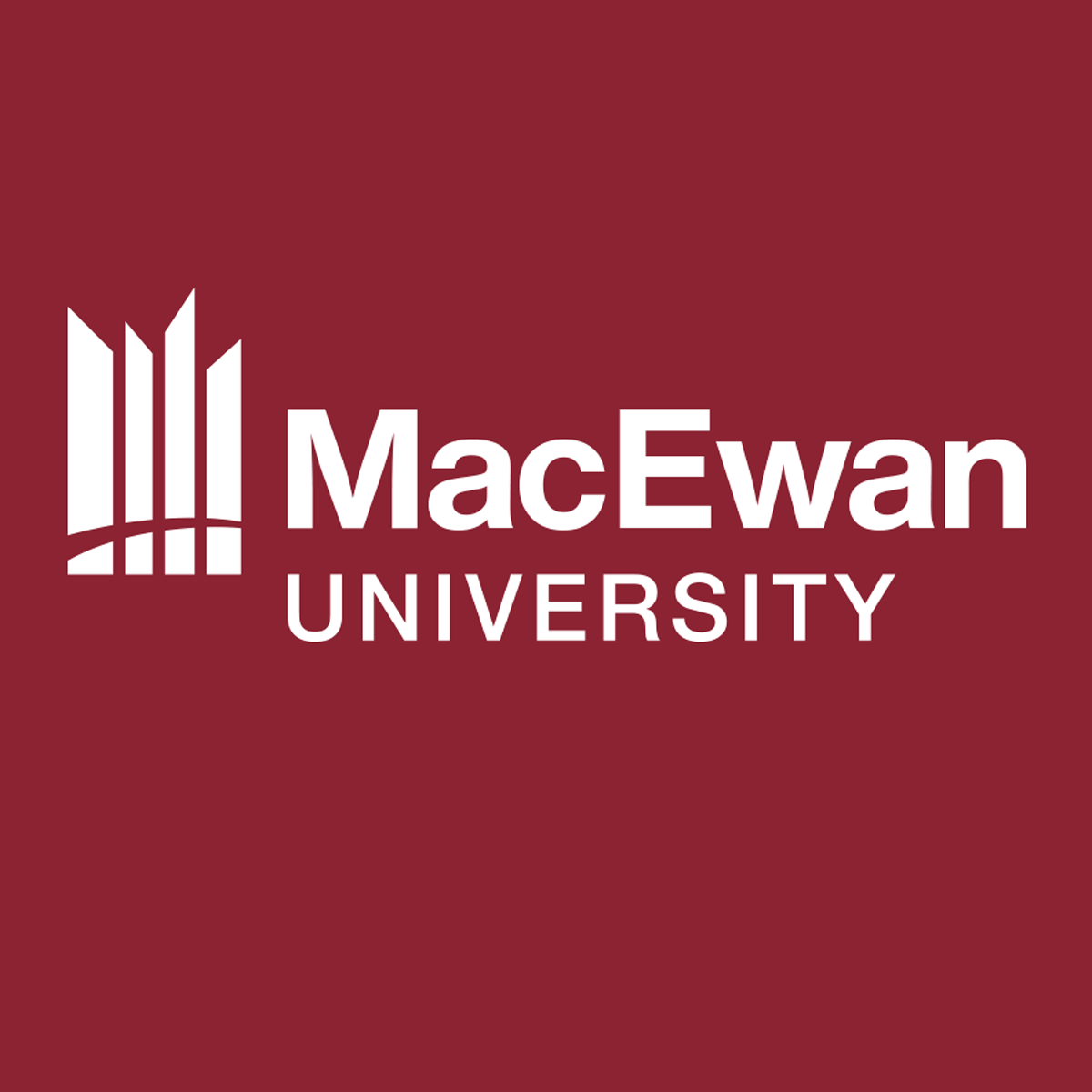- Location
- Edmonton, Alberta, Canada
- Portals
-
-
 Edmonton, Alberta, Canada
Edmonton, Alberta, Canada
-
Latest feedback
Experience feedback
Experience feedback
Experience feedback
Achievements
Recent experiences
WINL 301 - Summer Intake - Arts & Science Disciplines Placement Program
Students in their 3rd and 4th years can participate in these placements. Students will be from a wide degree of majors in the Bachelor of Arts and Bachelor of Science programs. You can expect students to have a solid foundation of knowledge in their program discipline and be capable of working at a fairly independent level (with mentorship and feedback regularly provided throughout the placement). Roles offered to students should reflect early-career level work for their discipline. Bachelor of Arts Majors include: anthropology, economics, English, history, philosophy, political science, psychology, sociology Bachelor of Science Majors include: applied statistics, biological sciences, chemistry, computer science, mathematical sciences, mathematics, physical sciences, psychology
Fall 2025 - SUST 301- Sustainability Challenges
95524
Community Engaged Learning at MacEwan University is a project-based, teaching-learning strategy that connects classroom theory to challenges experienced in the “real world” by our Community Partners. Are you interested in contributing more to areas like gender equity, environmental sustainability, and cultural vitality but don’t know where to start? Do you have an idea on how your organization can contribute to a sustainable future but can’t find enough time to get started? Sustainability 301 is a unique interdisciplinary course that allows students from different backgrounds and areas of study to learn about sustainability challenges. Students in Sustainability 301 are developing their skills of systems thinking, project planning, evaluation, and communication as they relate to sustainability challenges. In order to expand their experience, we are looking for community partners who are interested in engaging with sustainability and specifically contributing to the United Nations Sustainable Development Goals (SDGs), but are either unsure of where to start or have limited capacity to get their actions started. To learn more about the UN SDGs, please check out the short video An Introduction to the UN SDGs (1:57) If your project/organization is selected, the students will work to provide you with: ● A project or proposal for your organization to implement to contribute to at least one SDG. Please note, that while general budgets will be considered and documented where possible, the course does not equip students to develop detailed budget plans.
Fall 2025 - STAT 372 – Applied Multivariate Analysis and Machine Learning
STAT 372
This applied statistics project connects your organization with upper-year undergraduate students trained in data science and multivariate analysis. Students will use advanced statistical techniques and machine learning algorithms to uncover actionable insights from a dataset you provide. Working in small, self-assigned teams, students will apply techniques such as Principal Component Analysis (PCA), clustering, and discriminant analysis to explore data patterns, reduce dimensionality, and identify drivers of key outcomes. The focus is on real-world application and communication of findings in a clear, stakeholder-ready format. Student Capabilities Pre-existing skills: Statistical computing and data visualization in R Matrix algebra and multivariate statistical foundations Data cleaning, wrangling, and exploratory analysis Skills developed through the project: Principal Component and Factor Analysis Discriminant and Cluster Analysis Canonical Correlation Machine Learning Applications (e.g., classification, unsupervised learning) Executive communication and stakeholder storytelling Team-based project management How Students Will Support Your Organization Students will: Analyze a clean, pre-prepared dataset provided by your organization Apply multivariate and machine learning methods to uncover patterns, trends, and relationships Visualize results using compelling charts and summaries in R Translate complex findings into clear, actionable insights for non-technical stakeholders Work collaboratively with you to ensure alignment on project goals and outcomes Time Commitment 25 hours per student (approx. 100 hours per team of 4) Minimal lift for your organization: Provide a clean dataset and brief background at project start Optional mid-point check-in Attend final presentation and offer feedback
Fall 2025 - Computer Network Security (CMPT 480)
This applied cybersecurity experience connects your organization with senior undergraduate students specializing in network security . Students work in small, self-directed teams to tackle real-world security challenges using professional-grade tools and techniques. Whether you're seeking to test system vulnerabilities, evaluate risks, or improve team awareness, these students will deliver practical, actionable insights—backed by current security best practices. Working under the guidance of a faculty member, each team will take ownership of a scoped project aligned with your organization’s needs, and report back with clear technical findings and strategic recommendations. How Students Will Support Your Organization Students will: Conduct security assessments to identify potential threats or weaknesses in your network or processes Simulate phishing attacks or evaluate employee response protocols to raise cybersecurity awareness Review and improve your organization’s monitoring or incident response setup Develop custom security training resources tailored to your team’s specific needs Provide technical recommendations based on current industry frameworks (e.g., NIST, CIS, ISO/IEC) Time Commitment 20 hours per student (approx. 80 hours per team of 4) Minimal time required from your team: 1 initial briefing call Optional mid-project check-in Final presentation and Q&A Student Capabilities Technical Expertise: Familiarity with industry tools such as Wireshark, Metasploit, Nmap, Nessus, and others Experience writing custom scripts and code to simulate attacks or analyze data Deep understanding of network protocols, encryption, and security standards Professional Skills: Project scoping, planning, and execution Team collaboration and stakeholder engagement Communicating technical risks and solutions to non-technical audiences
